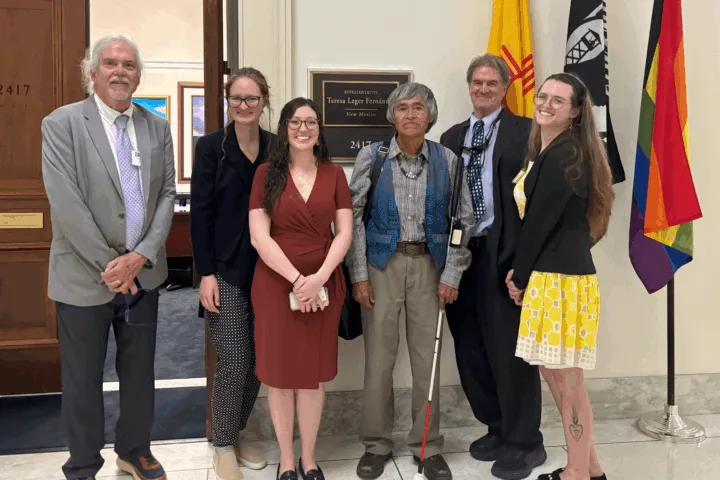Defense News reports that “Nuclear gravity bomb and warhead upgrades face new delays” because of new components used in so-called Life Extension Programs (LEPs) to prolong the service lives of existing nuclear weapons. These programs also give existing nuclear weapons new military capabilities. For example, see How US nuclear force modernization is undermining strategic stability: The burst-height compensating super-fuze
The point of this blog is to raise the question of whether these Life Extension Programs really enhance U.S. national security while maintaining the safety and reliability of the nuclear weapons stockpile. In fact, perhaps the crux issue is prudent and conservative maintenance of the stockpile versus increasingly aggressive LEPs.
The latest proposed LEP for the W87-1 ICBM warhead will use “W87-like” plutonium pits instead of exact replicas (plutonium pits are the fissile cores or “triggers” of nuclear weapons). This little known fact is serious because these pits cannot be full-scale tested given the current global moratorium, or alternatively could prompt the U.S. to return to testing with grave international proliferation consequences. Further, the National Nuclear Security Administration plans to spend at least $43 billion in expanded plutonium pit production over the next 30 years, despite the fact that some 15,000 existing pits are already stored at the Pantex Plant near Amarillo, TX, and independent experts have found that pits have reliable lifetimes of at least a century.
Nuclear Watch New Mexico’s position is that the U.S. should carefully and prudently maintain its nuclear weapons stockpile – a curatorship program, if you will – instead of steamrolling its $1.7 trillion so-called modernization program. That program will completely rebuild the nuclear weapons stockpile and the production side of NNSA’s nuclear weapons complex, and buy completely new missiles, subs and bombers to deliver nuclear weapons. This will enrich the usual mega-defense contractors while possibly lowering confidence in stockpile reliability through the introduction of major changes. Further, it is fueling a new global nuclear arms race that definitely puts our national security at greater risk. Congress should stop this nuclear weapons “modernization” program but instead is too interested in the nuclear pork.

